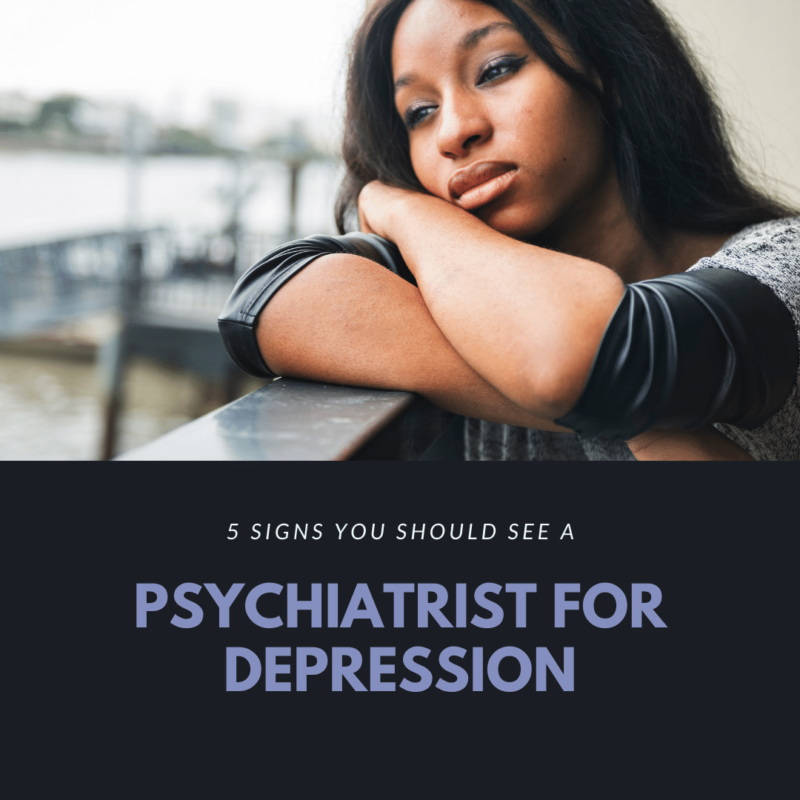Did you know that as many as 31% of Americans are suffering from untreated depression? The Anxiety and Depression Association of America estimates that 16.1 million Americans are affected by major depressive disorder and 3.3 million Americans are affected by persistent depressive disorder. Looking at how high these numbers are, 31% means there are many people out there who are still suffering from their depression. Not only that, but the association also notes that major depressive disorder is the leading cause of disability for Americans ages 15-44.
Although depression is a very real and possibly debilitating mental health issue, it can be hard for individuals to know when they are being affected by depression. After all, it is normal not to be happy all the time and to feel down from time to time. Since depression also causes varying levels of functionality, it can also make it hard for you to notice when you are experiencing symptoms. One key thing to realize is that with depression, just because you’re functional doesn’t necessarily mean you’re not depressed.
So, what is the difference between simply feeling down and depression? And when does it become necessary to seek medical help from a psychiatrist to treat your depression? In order to help you decide if visiting a psychiatrist near me is right for you, here are certain signs that can indicate you may be depressed and in need of treatment:
Sadness that Continues to Persist
As mentioned before, it is normal to experience periods of sadness or general unhappiness. However, if these feelings continue to persist for weeks or even months, then this may indicate you are suffering from depression. Along with sadness, you may also experience feelings of grief or hopelessness.
Appetite Changes
Since depression can affect your appetite, another key sign is that you notice changes in your appetite. For some, this means eating too much or too little. Generally, individuals who feel withdrawn tend to eat too little since they have a decreased appetite that causes them to skip meals or forget to eat. On the other hand, those who have low self-esteem or who dread the future tend to overeat as a way of coping. Both examples indicate that you may need to see a psychiatrist.




